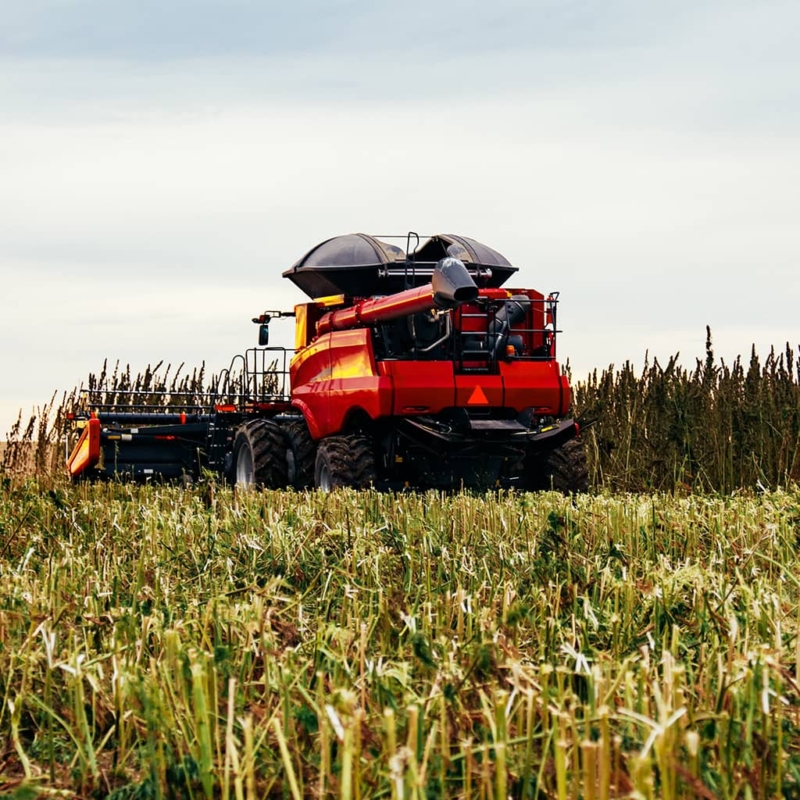

How Hemp Can Help Save The Planet
At clēēn:tech We Are Creating Sustainable Supply Chains For The Hemp Industry
Sustainable Hemp Products
The pursuit of enhancing global conditions is a fundamental aspect of human aspiration, a sentiment deeply ingrained in our collective psyche. Our commitment lies in facilitating access to cannabinoid-based wellness products that positively augment human life while ensuring environmental sustainability.
At clēēn:tech, our core mission centers on advancing and proliferating sustainable hemp products and cultivation practices. There exists a profound interconnection between human health and environmental integrity. The widespread adoption of hemp cultivation promises to bolster human well-being and contribute significantly to carbon sequestration, enhance soil quality, and mitigate water contamination.
The impact of hemp farming extends beyond agricultural practices; it holds the potential to transform manufacturing processes and construction methodologies. The widespread acceptance and integration of hemp cultivation can usher in a paradigm shift, providing sustainable raw materials that can revolutionize multiple industry sectors.


Hemp in Agriculture and Environmental Restoration
The agriculture industry is a significant contributor to environmental pollution. In this context, regenerative agriculture, mainly through hemp cultivation, is emerging as a vital strategy for environmental remediation.
Hemp cultivation is associated with minimal resource requirements, no-till planting practices, and deep-rooted growth that enhances soil quality. The escalating demand for hemp is attributed to its applications in three key areas: (1) cannabidiol (CBD) derived from hemp, (2) hemp seeds, and (3) hemp fiber. These diverse applications are driving its market growth.
Hemp’s adaptability and short growth cycles make it an ideal rotational crop, especially when preceded by nitrogen-fixing cover crops. Research indicates that subsequent crops planted post-hemp harvest exhibit increased yields, a phenomenon attributed to the improved soil condition.
At clēēn:tech, our production processes promote sustainable hemp cultivation practices, such as regenerative farming, that positively impact the environment.
Reducing Carbon Footprint
From an agronomic perspective, hemp cultivation emerges as a highly effective method for soil enhancement and carbon sequestration. Scientific studies suggest that each acre of cultivated hemp can sequester approximately 5 to 10 tons of CO2, indicating its significant potential in climate change mitigation efforts.
Moreover, hemp-based materials offer considerable environmental benefits in construction. These materials not only capture carbon but also contribute to the creation of some of the most energy-efficient buildings. In particular, hemp shows great promise in the construction sector, especially as an insulating material and in the production of hempcrete.
The global legalization of hemp is advocated, based on its environmental benefits. It is essential for policymakers, agricultural professionals, entrepreneurs, and investors to recognize and support hemp as a valuable tool for carbon sequestration and soil improvement. This approach could play a crucial role in sustainable agricultural practices and eco-friendly construction methods.
At clēēn:tech, our entire production philosophy revolves around reducing the carbon footprint.


Reducing Water Footprint
In an era of critical freshwater scarcity and unsustainable agricultural practices, hemp cultivation surfaces as a strategic agro-economic choice. It is distinguished by a significantly lower water footprint than traditional crops. It integrates sustainable farming practices such as minimal inputs and no-till agriculture, curtail agricultural runoff, and promote soil integrity.
Hemp’s versatility extends to producing fibers, edibles, and an array of botanical extracts, offering a multifaceted solution to pressing environmental concerns. Upon establishment, hemp requires scant water, aligning with its role in advancing crop rotation systems and enhancing soil quality.
Given its robustness against environmental pressures, hemp is a cornerstone in mitigating the impacts of climate-induced perturbations on food security and water stewardship. The crop’s adaptability fosters natural capital and contributes to improving air and soil quality and water cleanliness.
At clēēn:tech, we champion this paradigm by pioneering a production methodology that significantly curtails water use relative to our industry counterparts. Our commitment is steadfast—pioneering water conservation in hemp and cannabis production, furthering our overarching goal of diminishing our ecological footprint.







